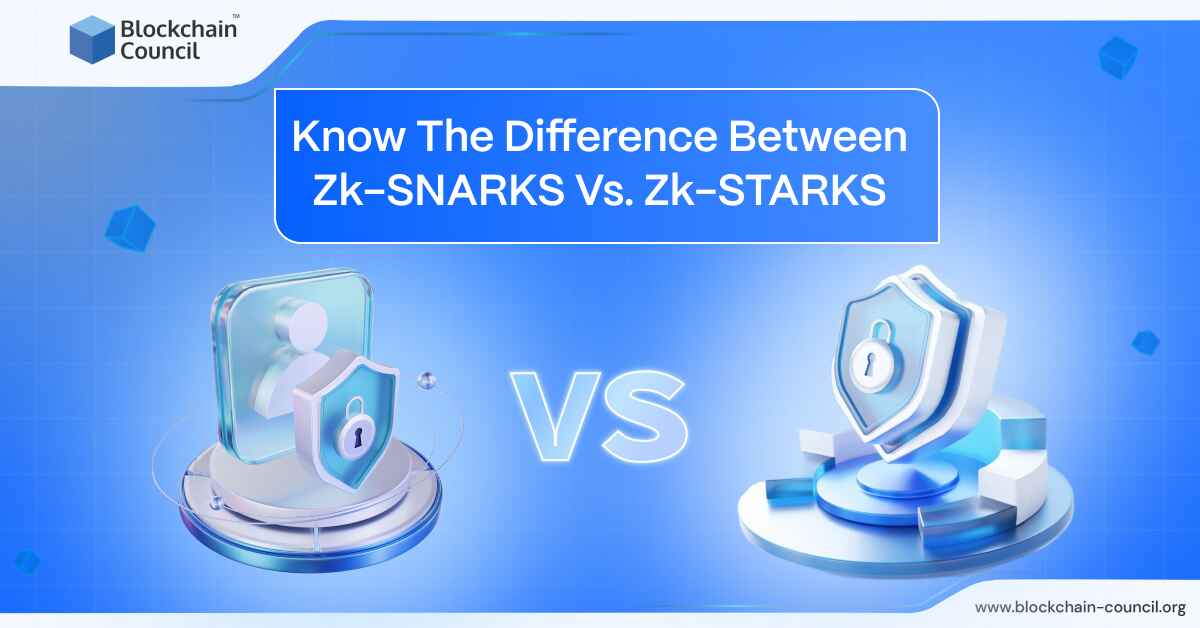
- Toshendra Kumar Sharma
- April 12, 2018
Blockchains have made quite a buzz in the financial sphere over last one year due to the astronomical gains that investors have seen in this period. It is important to note, however, that Blockchains are still in their nascent state. Many observers have compared Blockchains in 2018 as being similar to the Internet circa 1994. That means that Blockchain space is ripe for entrepreneurial pursuit. From banking to legal and supply chain management, blockchains have a very wide range.
Why Blockchains?
Despite the media frenzy surrounding Bitcoin and other cryptocurrencies, most people don’t understand the underlying technology. At its core, a blockchain is simply a decentralized, tamper-proof database. Blockchains have been called the trust protocol of the internet as they help settle transactions between anonymous entities on the internet without going through a centralized service like a bank. In doing so, a lot of the overhead of going through a financial institution is minimized. Since the transactions are settled in a decentralized manner using a consensus mechanism unique to the network, no central authority can meddle with the transactions. Therefore, the transaction is more secure and users remain in full control of their Bitcoins through the entire process. In this way, individuals and corporations can leverage the power of the blockchains to manage information, access, and trust across a network.
What Are The Entrepreneurial Opportunities in Blockchain?
One of the most revolutionary characteristics of Blockchain platforms like Ethereum is how they enable entrepreneurs to build robust, decentralized applications for a variety of uses. Several important projects are currently in the works and should be expected to launch in 4-5 years time. Here are the top opportunities in Blockchain based applications:
- Financial Services – As most of the currencies have moved away from the gold standard in one form or another; there is a need for a global reserve currency. Due to fractional reserve banking and incessant printing of fiat currency, the world money supply keeps getting diluted. That becomes problematic for people who have their savings in these fiat currencies as they keep losing their purchasing power. Therefore, there is a need for blockchain based lending and borrowing services which will enable much more transparent systems. Making transparent financial systems will help avert future financial crises like 2008 financial crisis. Blockchain-based payment gateways also offer several advantages over traditional gateways like increased speeds and lower costs. Request Network, Kyber Network, and OmiseGo are the leading payment processors in the blockchain space right now, but none of them have a working product right now. Therefore, it is an excellent opportunity to compete in this space.
- Legally Enforceable Smart Contracts – A Smart Contract is the self-executing piece of computer software that can be enforced in a decentralized fashion on platforms like Ethereum. Smart contracts can be programmed to perform a financial or legal transaction based on a variety of if/then conditions. Combined with decentralized oracles, smart contracts can handle a lot of the mundane legal tasks that are otherwise slow and expensive. Since smart contracts can be embedded in practically all the dApps on the Ethereum network, they can be very useful in applications related to manufacturing, supply chain management, and legal contracts. For example, in a supply chain operation, smart contracts can be used to check the authenticity of goods at every checkpoint.
- Internet of Things – The world is moving towards more and more smarter devices. From refrigerators to coffee makers and even transit services. As these smart devices become more commonplace, there is going to be a need for solutions to keep these devices safe and efficient. Blockchains provide a good use case for that scenario as due to their trustless nature. As more devices are added to the Internet of Things, Machine to Machine (M2M) transactions would soon outnumber P2P transactions. Existing payment infrastructure would be unviable to use in that case as the fees charged by them are quite high. There would need to be a global network that can scale to millions of transactions per second, and that can handle microtransactions without fees. IOTA is currently working on solving that problem, but it is far from a finished product. As it stands, the IOTA network is highly centralized and therefore could use a healthy amount of competition in this space.





































































 Guides
Guides News
News Blockchain
Blockchain Cryptocurrency
& Digital Assets
Cryptocurrency
& Digital Assets Web3
Web3 Metaverse & NFTs
Metaverse & NFTs
